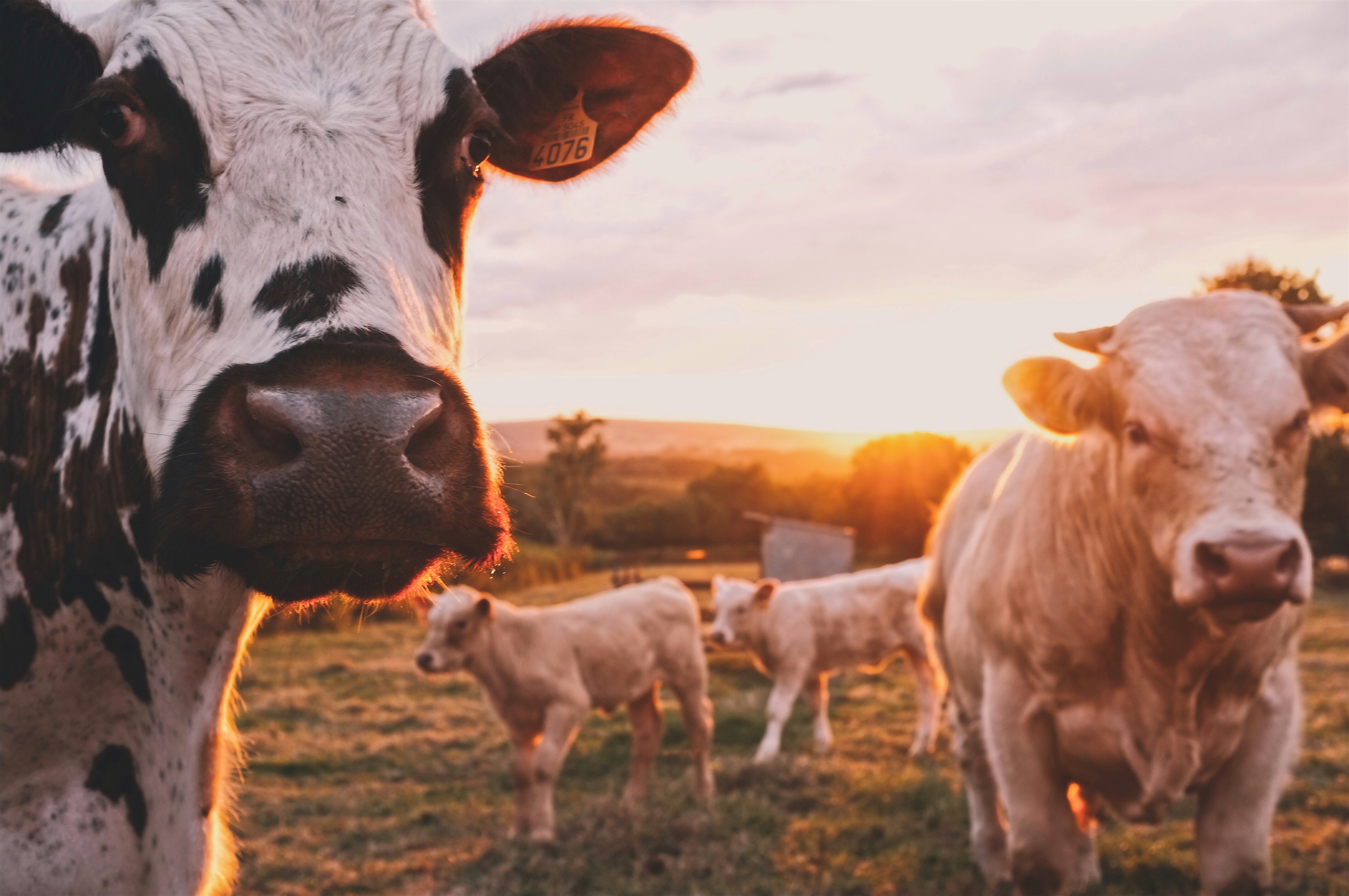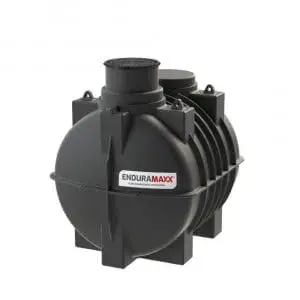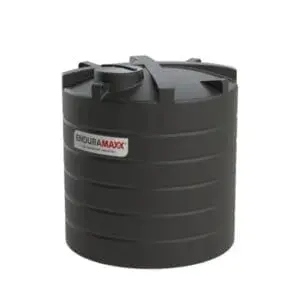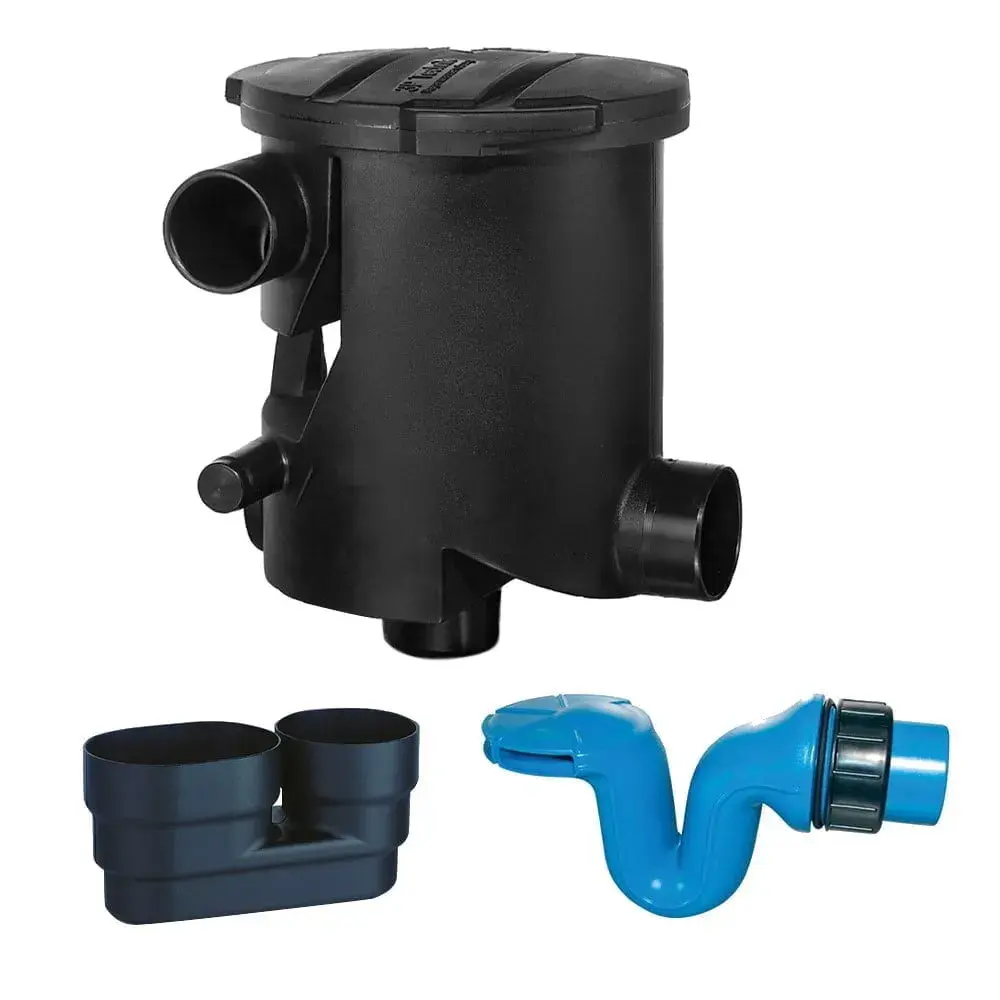
Water availability and water quality are some of the most crucial factors in farming – in fact, water is the most important nutrient for livestock. Having an adequate supply of drinking water is essential for animal welfare, since it has an impact on both health and productivity.
 On the other hand, consistent water quality is one of the most difficult aspects to manage, as there are many different elements to take into account. These include water temperature, mineral concentration, biofilm build-up in the water bowser or drinking water tank, and bacterial growth.
On the other hand, consistent water quality is one of the most difficult aspects to manage, as there are many different elements to take into account. These include water temperature, mineral concentration, biofilm build-up in the water bowser or drinking water tank, and bacterial growth.
More specifically, it’s important to monitor the following factors given their potential negative impact on livestock water quality:
- Salinity: dissolved salts are found in all water sources and high salinity can pose health risks to farm animals. Moreover, inconsistent salinity levels can affect palatability and therefore water intake.
- Alkalinity: pH imbalances in drinking water can cause physiological and digestive problems in livestock.
- Nitrates: these can build up in the water bowser supply due to leaks and can reach toxic levels that can be fatal to livestock. Nitrates can be particularly dangerous for ruminants, as the conversion from nitrates to nitrites that takes place in these animals’ rumen can block the blood oxygen supply and result in suffocation.
- Blue-green algae: These hard-to-detect algae can release toxins that can kill livestock in 24 hours. Although this used to be a rather uncommon problem in the UK due to its mild summers, changing weather patterns are causing a proliferation of toxic algae in many parts of the country, from Hampshire to Scotland.
Monitoring and Testing
To avoid the problems associated with these contaminants, it’s recommended to regularly monitor and test your water supply, as well as all pipes and troughs. At the very least, farm owners should get their water tested once a year, ideally at the start of the season. The frequency may be higher depending on the potential hazards that are present in the local area, or if you’re affected by extreme weather conditions, which can contaminate water sources.
Using The Right Water Management Equipment
It’s just as important to ensure that the equipment used to deliver or store water (such as the livestock water bowser) is kept clean at all times. Here it’s recommended to pay special attention to the material that bowsers are made of. Rust and contamination are a possibility if the bowsers are made of metal or have any metallic parts.
At Enduramaxx we are fully aware of the crucial role that UK farmers play in the country’s economy. This is why we have developed a range of first-class equipment that farmers can rely on. We manufacture and supply plastic water bowsers that can be safely used for on-farm storage of water with a small trough for easy drinking. The tanks also feature UV-stabilised polymers, which add to the overall safety of stored rainwater.
Next Steps
Animal welfare and farm productivity are important priorities for us. Visit our website to view our entire range of products or to get a free quote.
Image Source: Unsplash
Posts By Topics
- Blog (303)
- Chemical Storage Tanks (118)
- Chemical Dosing Tanks (114)
- Chemical Tanks (114)
- Water Tanks (58)
- Rainwater Harvesting Tanks (43)
- Vertical Rainwater Tanks (31)
- Vertical Storage Tanks (31)
- Cone Bottom Tanks (19)
- Conical Cone Tanks (18)
- Rainwater Harvesting (17)
- Water Bowsers (15)
- Horizontal Tanks (14)
- Potable Water Tanks (13)
- Farming (9)
- Case Studies (8)
- Industrial Storage Tanks (7)
- Liquid Fertilser Storage Tanks (6)
- WRAS Approved Potable Tanks (6)
- Wine and Beer Production (6)
- Horizontal Transport Tanks (5)
- Microbrewery (5)
- Rainwater (5)
- Category 5 Break Tanks (4)
- Cider Production (4)
- Mixer Tanks (4)
- Molasses Tanks (4)
- Polyethylene tanks (4)
- Rainwater Filter Kits (4)
- SPECIALIST & BESPOKE TANKS (4)
- Bunded Tanks (3)
- Slimline Tanks (3)
- WRAS Approved (3)
- Clarification Tanks (2)
- Crosslinked Polymer Tanks (XLPE) (2)
- Fertiliser Tanks (2)
- Sump Tanks (2)
- Tank Installation (2)
- Water Butt (2)
- underground water tanks (2)
- ACCESSORIES & FITTINGS (1)
- ATV & UTV SPRAYING UNITS (1)
- Above Ground Effluent Tanks (1)
- Bespoke Tank Frames (1)
- Category 5 Turret (1)
- Caustic Soda Tanks (1)
- Closed Top Bunded Tanks (1)
- Craft beer (1)
- Effluent Tanks (1)
- Enduramaxx (1)
- Ferric Chloride Tanks (1)
- Fire Safety Regulations (1)
- Fire Sprinkler Water Storage Tanks (1)
- Industrial Water Tank (1)
- Open Top Bunded Tanks (1)
- Open Top Cone Tanks (1)
- Open Top Vertical Tanks (1)
- Polyethylene Potable Water Tanks (1)
- Polyvinylidene Fluoride (PVDF) Tanks (1)
- Polyvinylidene Fluoride Tanks (PVDF) (1)
- Pressure Washers (1)
- Pro Series Spot Sprayers (1)
- RWH (1)
- Sodium Hydroxide Storage Tanks (1)
- Sprayer Fill-up Tanks (1)
- Uncategorised (1)
- liquid fertiliser tank (1)
Sign up to the newsletter
enduramaxx.marketing
Related Posts
Enduraramaxx Rainwater Harvesting Tanks Saving Labour In Malawi
Enduramaxx Water Tanks can be found as far afield as Malawi. Tambala, Malawi in fact; a small...
How We Could Use Underground Water Harvesting Tanks To Tackle Droughts
Droughts have become a pressing environmental concern for many countries globally, including the...
Rain Shortage & Harvest: How Rain Tanks Help - Enduramaxx Ltd
Although the UK was not short of rain throughout the first part of summer, according to Farmers...
Related Products
From £1,080.00 inc. VAT
£900.00 exc. VAT
From £1,344.00 inc. VAT
£1,120.00 exc. VAT
From £768.00 inc. VAT
£640.00 exc. VAT
£480.00 inc. VAT
£400.00 exc. VAT




